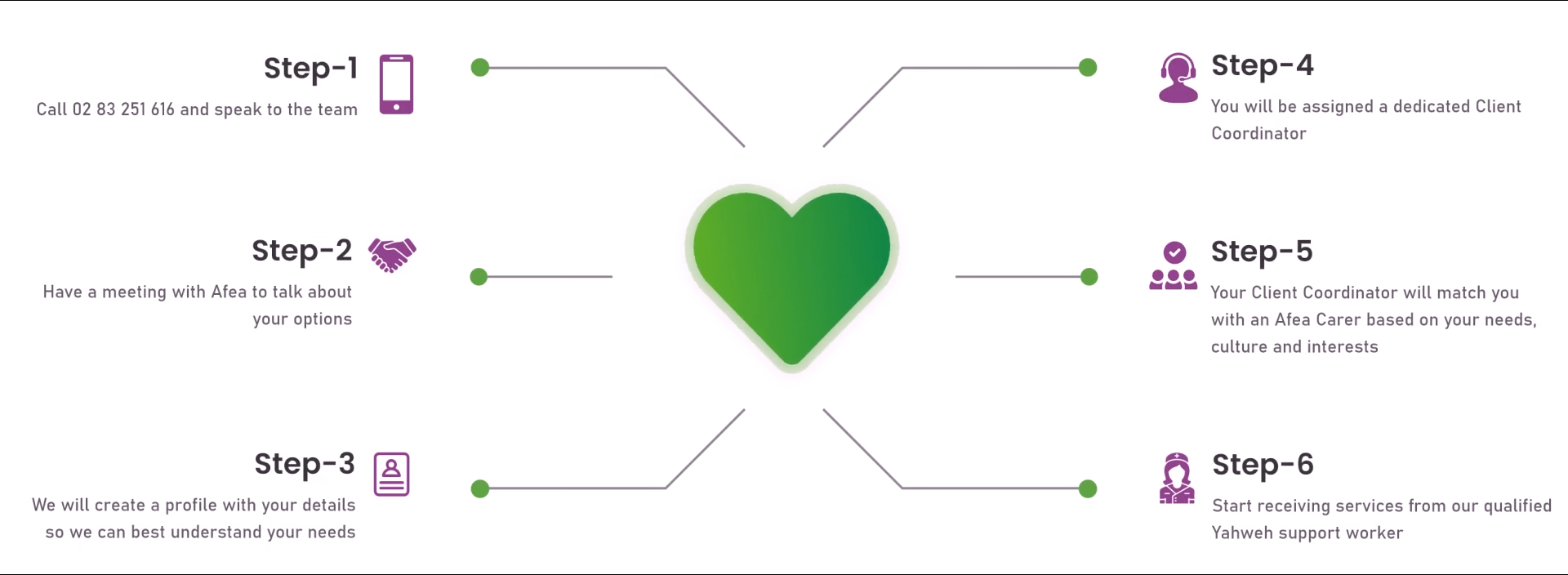If you or your caretaker need a break, respite care may provide that. Domestic care facilities, nursing homes, and private homes are all viable options for providing domestic assistance service or respite care. The respite periods are brief, often lasting little more than three months.
Just who is this intended for?
Adults with developmental, sensory, or cognitive impairments, as well as the elderly, might benefit from respite care. A slight stroke, mild dementia, Angina, Arthritis, Epilepsy, Glaucoma, brittle bones, Heart disease, Cancer, and Hip Replacements are all examples of conditions that might benefit from respite care. It may provide the person in need of care the security they need to continue living at home, and give their caregivers some much-needed rest.
Respite care may also be provided to the primary caregiver, allowing them to take a much-needed break (such as a day of shopping or a vacation) while still knowing that their loved one is in good hands. If you are a family member caring for someone it is vital to remember that if you go too long without an appropriate break, things might become emotionally too much, you may get unwell yourself, nervous, or depressed, which can make life more difficult for you and the person you are caring for.
The types of breaks that are available
An in-home caregiver may be arranged for if you need a break from caring for yourself or a loved one but cannot leave your house. This assistance might be provided for a few of hours while your primary caregiver is at work, or it could last all night. Services such as home care, day care, and meals on wheels are also available for longer periods of time. If you need round-the-clock supervision during your time away from home, residential care facilities are an option. As an example, if you are recovering from an illness or hospitalisation and need rehabilitation, if your primary caregiver is out of town, or if you have an unexpected need for short-term assistance, this might be useful. You may also be eligible for more frequent breaks, which will allow you to plan your stays at the residential home in advance to best meet your requirements and those of your caregivers.
Respite care cost
The care you or your loved one receives during respite is always the most essential part of the break, regardless of the cost of the package.








